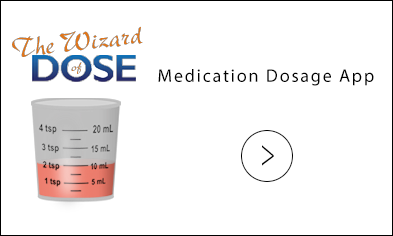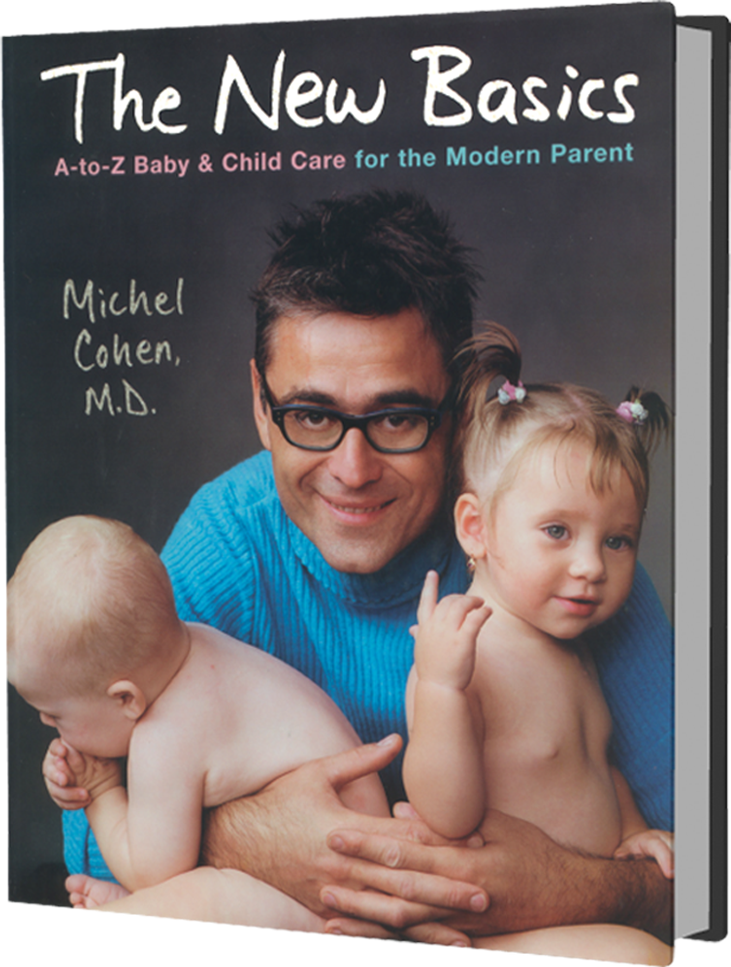
Teething
At three and a half months, Lucy liked to chew on her hands and drool. Her favorite activity was sucking on her fists for a good part of the day. At least all of Auntie Jane’s bibs came in handy! Sometimes Lucy would begin with a very discreet chewing, which gradually escalated into an all-out kicking and crying frenzy. The next-door neighbor, who knew somebody who had a baby once, confidently diagnosed her fits as “teething episodes,” but we looked all over her mouth and couldn’t find any teeth at all. Daddy went to the drugstore and brought back a local anesthetic gel, homeopathic tablets, teething rings, and even pain medication. Lucy tried them all, but in the end she just went back to chewing on her fists.
No wonder. Miss Lucy is experiencing what Dr. Freud termed the oral stage of development, for which acetaminophen is ineffective. Before this point, until about three months, she was engaged in the adaptive stage: learning to take in and cope with new sensations. Now that she has it all figured out, she is ready for the exploratory stage. This is the kickoff of one of humankind’s eternal goals: the relentless search for pleasure. So far, her mouth has been the source of her most pleasurable sensations—namely, food and comfort—so that is where she begins her quest. And when Lucy asks herself “What should I explore first?” her answer is “My hands!”
Since the hands are readily available, they’re the ideal territory for Lucy to explore. With age, the salivary glands become increasingly productive, and the result is a copious stream of saliva, or drool. Sometimes all this new oral stimulation can be overwhelming for Lucy, and that’s what makes her so agitated. Parents may misinterpret these signs as symptoms of teething discomfort when in fact they are just a little bit of “oral staging.” There is no need for medication.
Okay, so that isn’t teething, you say. Then what exactly is this “teething” process everyone talks about? True teething starts around six to eight months of age and may last until all the back teeth are in (roughly two to three years of age).
Teething episodes, which occur especially around nap time or bed time, are not as painful as you imagine. The combination of being overtired and the mild throbbing she experiences in her gums around the newly erupting teeth makes her extra whiny. For a few days at a time, Lucy will chew harder than usual on her hands and act seriously bent out of shape until she falls asleep.
Treatment Options
In the old days, rubbing Johnny Walker on the gums was the treatment of choice; it made everybody happy, and teething babies slept like angels. Nowadays, babies can skip the cocktail hour because pain medication has substantially improved the outcome of teething episodes. It’s very effective but, like all medications, should be used sparingly. Don’t pump Lucy up with acetaminophen at the first onset of crankiness. Only use meds when the pain seems truly overwhelming, and then use the highest recommended dosage, which will be safe and more efficient.
- A teething ring, a frozen bagel, carrots, or any other finger food will provide temporary relief as well, but you may become tired of picking them up after Lucy has thrown them on the floor for the umpteenth time.
- Topical anesthetics such as Oragel, a less concentrated form of what your dentist uses, decrease the pain, but they numb the mouth for half an hour or more. For a baby, this translates to a lot of drooling, which is a combined effect of the loss of feeling and a decrease in the swallowing reflex.
- Homeopathic tablets, which contain a small amount of sugar and an infinitesimal dilution of belladonna, an organic anesthetic, have their diehard fans, including my wife, who gave large quantities to all three of our daughters. It’s hard to know whether the temporary relief is merely due to the sweet taste of the tablets or the effect of the belladonna. I can’t speak against them, but I don’t recommend them either.
- The laissez-faire approach may be your best option at times, since most so-called teething moments will resolve after a few minutes of rocking Lucy to sleep. I’ve seen many parents who say their baby never experienced teething pain. My suspicion is that they simply attributed whining caused by teething to general baseline whining.
Common Myths About Teething
Teething causes fever.
There is no physiological basis for this argument. When the dentist works on your gums, you don’t go home with a fever, do you? Conversely, however, a fever will magnify the throbbing pain of teething. Benign febrile illnesses are rather common at this age and may easily coincide with teething.
Teething occurs mostly at night.
Well, nighttime is also when kids are most likely to be overtired and more sensitive to their throbbing gums. There is one caveat you should be aware of when the whole teething business starts: If you carry Lucy on your shoulder for several hours, put her in your bed, or otherwise pamper her when she’s teething, Miss Lucy will still want that nightly shoulder ride or a spot in the cozy “mommydaddy” bed even after the episodes have subsided. Many parents tell me, “My kid was a great sleeper until eight months of age, when he started teething. Now he wakes up four times a night!” As natural as it is to want to reduce your child’s discomfort, I advise you to resume the regular routine as soon as things seem settled, even if it involves a little bit of night fussing.
I see the teeth coming through, and it must be so painful!
Actually, once you can see the teeth, chances are that much of the discomfort has passed, since it’s the pressure of the teeth against the inside of the gums that causes the pain.
In Summary
Teething pains are a baby’s first growing pains. They come and they go, but in the end, they’ll make your little one stronger.




 MEDICATION DOSAGE
MEDICATION DOSAGE

